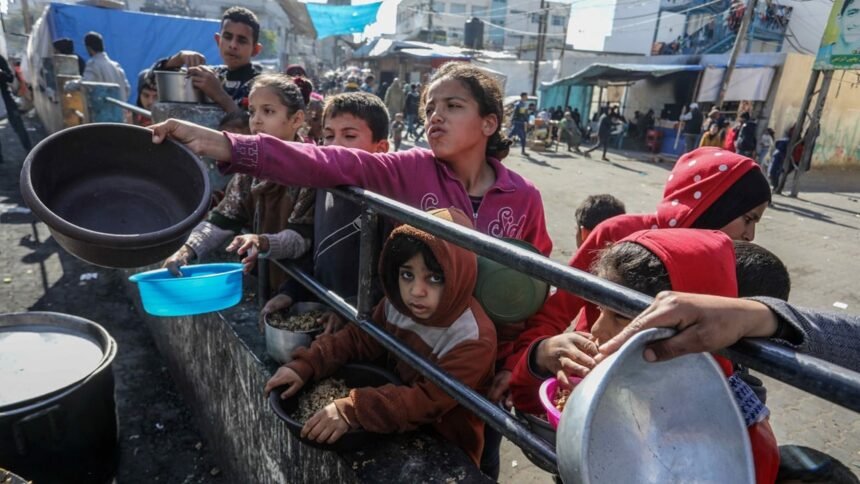Gaza is facing a “catastrophic” health crisis that will affect “generations to come,” warned WHO Director-General Tedros Adhanom Ghebreyesus.
Speaking on BBC Radio 4’s Today program, Tedros stressed the need for a massive increase in aid to begin addressing the complex needs of the Gaza Strip’s population.
Israel has allowed more medical supplies and other aid to enter Gaza since a ceasefire with Hamas came into effect on October 10. However, Tedros noted that the levels of assistance remain insufficient to rebuild the territory’s healthcare system.
His comments come as the United States works to maintain the ceasefire it mediated, following a weekend outbreak of violence. The deal has been described by the White House as the first phase of a 20-point peace plan, which includes increased aid flows into Gaza and supplies distributed “without interference” from either side.
Tedros welcomed the ceasefire agreement but said the resulting increase in aid has been smaller than expected.
Asked about long-term health prospects in Gaza, he stated:
“If you take hunger and combine it with the mental health problems we see widespread, then this is a crisis for generations to come.”
On Tuesday, the UN World Food Programme reported that trucks carrying over 6,700 tons of food have entered Gaza since October 10, but this remains well below its daily target of 2,000 tons per day.
Aid trucks should reach 600 per day, yet the current average is only 200–300, Tedros added.







